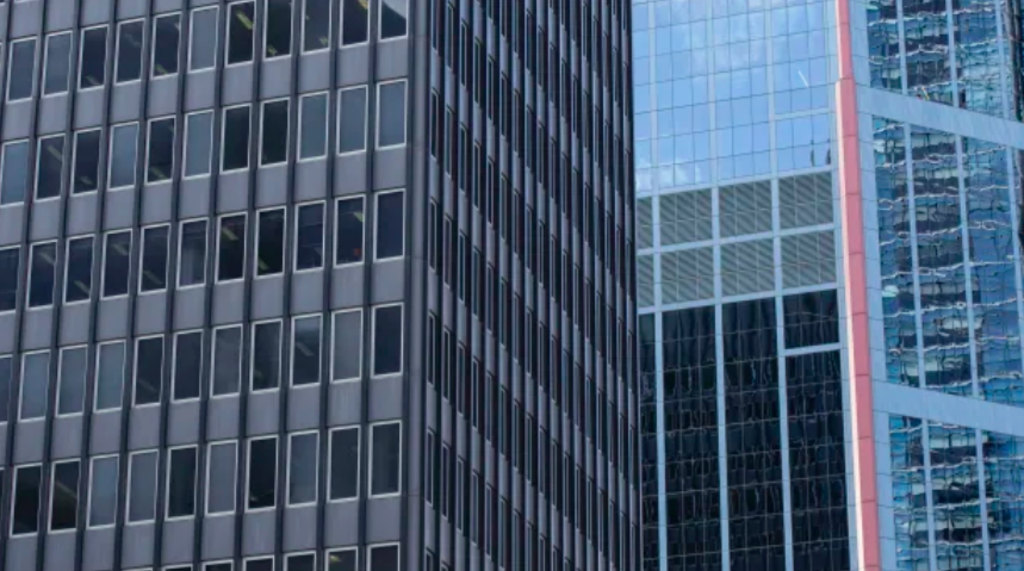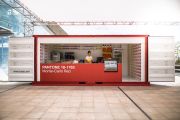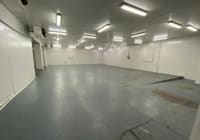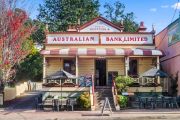
Office property now in COVID-19 firing line
Expectations of a longer and deeper-seated impact from the pandemic have taken root in the property industry, with concerns about a COVID-19 hit to office and residential property increasing over the past three months.
The latest ANZ/Property Council Survey of industry professionals was taken over the second half of June and predated the second wave of infection that has all but shuttered metropolitan Melbourne for a second time. But even as it showed a lift in overall sentiment from March’s record low, expectations for office in particular worsened.
“There’s going to be a longer-term reassessment of demand for office property,” ANZ senior economist Felicity Emmett said.
“With the success of working from home and even now the seeming likelihood of an ongoing issue about avoiding outbreaks that we are just not going to see people in their offices at the level that we did prior to the pandemic. That’s going to have an impact on office stock in the longer term.”
Hotels, tourism and leisure property is expected to continue to bear the brunt of the pandemic, with two-thirds of the 955 respondents listing that sector as the one most likely to be affected. But this was down from 74.1 per cent of respondents three months earlier.
Shopping centres (steady at 14.9 per cent) remained the sector second-most likely to suffer from the pandemic and concerns about the retirement living and industrial property sectors receded. But commercial office property jumped to 13 per cent from 4.6 per cent in March and residential rose to 5.2 per cent from 2.8 per cent.
The survey also reflected the regional nature of property markets. The biggest improvement in sentiment over the past three months came in ACT, where the sentiment index jumped to 94 from 64, SA (to 86 from 60) and WA (to 82 from 63), where there were fewer cases and a greater easing of restrictions.
However, the subsequent return to six-week lockdown in Melbourne, the country’s fastest-growing city and the centre of a state that accounted for 40 per cent of national economic growth last year, casts a cloud over the national economy and property markets.
“While Australia has made better than expected progress in suppressing COVID-19, as shown by the lift in sentiment in those states and territories which have been able to ease restrictions, the risk of new outbreaks and the economic consequences of shutting down the economy will continue to be felt for some time,” Property Council of Australia chief executive Ken Morrison said.
Respondents said the current impact of COVID-19 on business was more severe than the previous quarter.
The improvement in sentiment that pushed the overall index up from March’s lowest-ever reading of 62 to the current 76 – still well below the historical survey average of 126 – reflected the short-lived optimism of an economy that seemed to have largely avoided the pandemic and was looking forward to normalising, Ms Emmett said.
“It was probably largely a mechanical response to the opening up and now with Melbourne shut down that probably looks a bit optimistic at this point in time,” she said.
The survey also showed expectations of a widening spread – or difference – between the cap rate, or yield, of primary assets and secondary assets over the coming 12 months. At the time of the last survey in March, the 12-month cap rate expectation for primary assets across all sectors was 9.2 per cent, while for secondary assets it was 14.7 per cent.
The spread widened in the latest survey, with a lower cap rate expectation of 8.7 per cent in prime assets and a higher figure on secondary assets of 18.7 per cent.
“In recessions it’s quite typical that you get that,” Mr Morrison said.
“Secondary stock is punished harder than high quality stock. We’ve seen that in previous cycles. There’s been further realisation of the depth of the economic challenge in front of us over last three months.”











